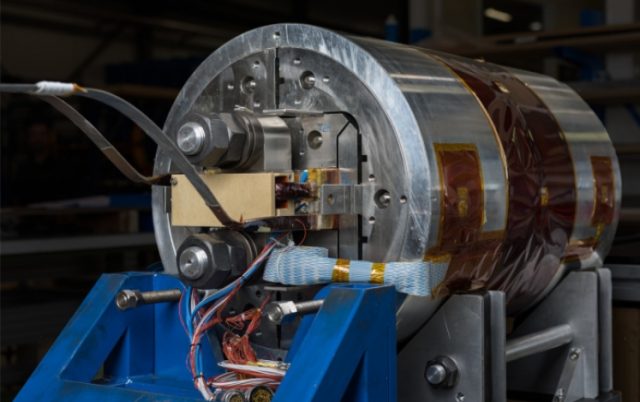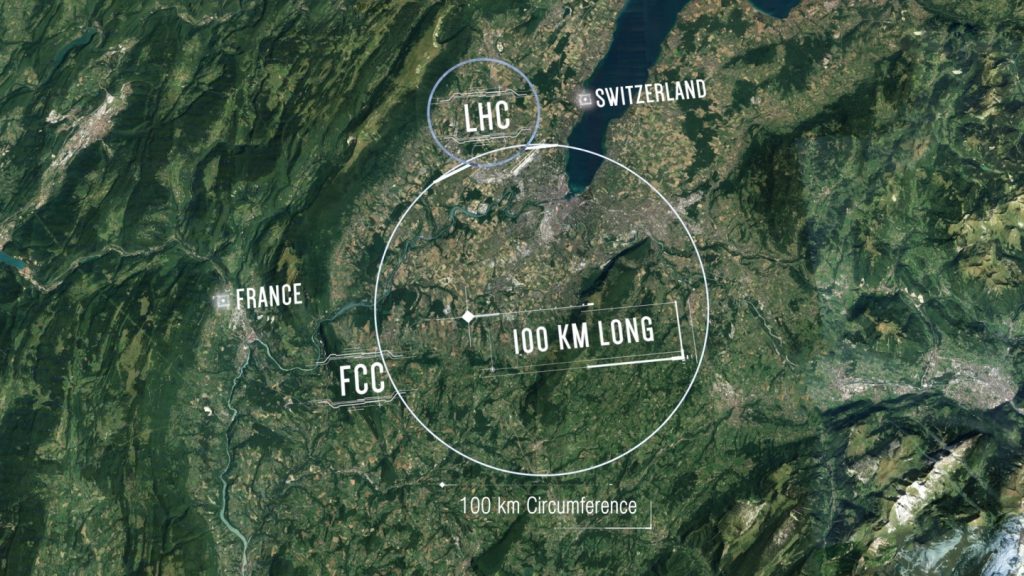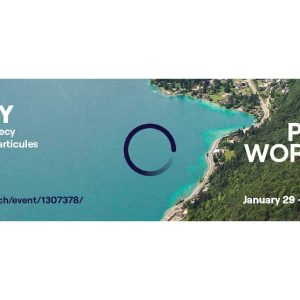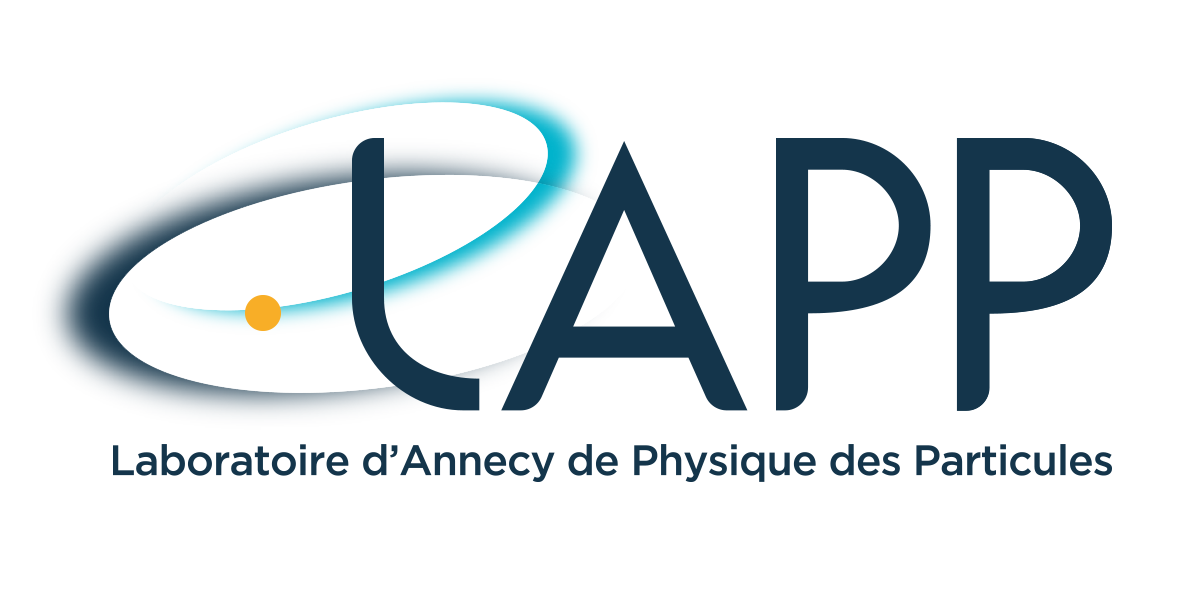R&D Accelerator

The Accelerator R&D Group specializes in vibration analysis and control for colliders, with expertise in mechanical design, dynamic behavior of structures, instrumentation, active control, and beam trajectory control. In recent years, the group has also developed additional expertise in optical simulation of particle beams to better understand the effects of vibrations on beam parameters.
The group is primarily involved in the FCC-ee accelerator project at CERN, which is planned to succeed the HL-LHC by around 2045. This electron-positron collider, initially designed as a Z factory, will enable high-precision measurements and could open avenues towards physics beyond the Standard Model.
Within the FCC-ee project, the LAPP team is responsible for the “alignment tolerances and control” working group within the accelerator-detector interface (MDI). They are also tasked with studying the effects of plane waves on beam parameters, which significantly influence collider performance.
The group is also engaged with operational accelerators such as SuperKEKB and ATF2 in Japan, applying developments from the FCC-ee project.



Activities of LAPP
- FCC-ee Machine Détecteur Interface (MDI): responsible for the “Alignment tolerances & vibration control” work package and two sub-work packages “Vibrations study and its associated control strategy” and “Beam optics simulations of vibrations, and impact on beam emittance/luminosity.”
- FCC-ee beam optics: evaluation of the effects of plane waves at interaction points.
- Finalization of the feedforward beam control contribution to ATF2.
- SuperKEKB: implementation of a continuous vibration measurement system on both sides of the BELLE II detector.
- SuperKEKB: study of correlation between observed vibrations and disturbances in experiment luminosity.
- Measurement campaign at ARRONAX in preparation for coherence measurements at SuperKEKB.
Collaboration
FCC is an international collaboration involving over 150 universities and institutes worldwide. Our main partners are predominantly CERN, INFN (Italy), University of Oxford, DESY (Germany), and SLAC (USA).
SuperKEKB is also an international collaboration. The group primarily collaborates with KEK laboratories (Japan) and IJCLab (Orsay).
Actualités
- All
- Science

LAPP is honoured to host the 7th Physics Workshop of the Future Circular Collider (FCC), from Monday, 29th January to


